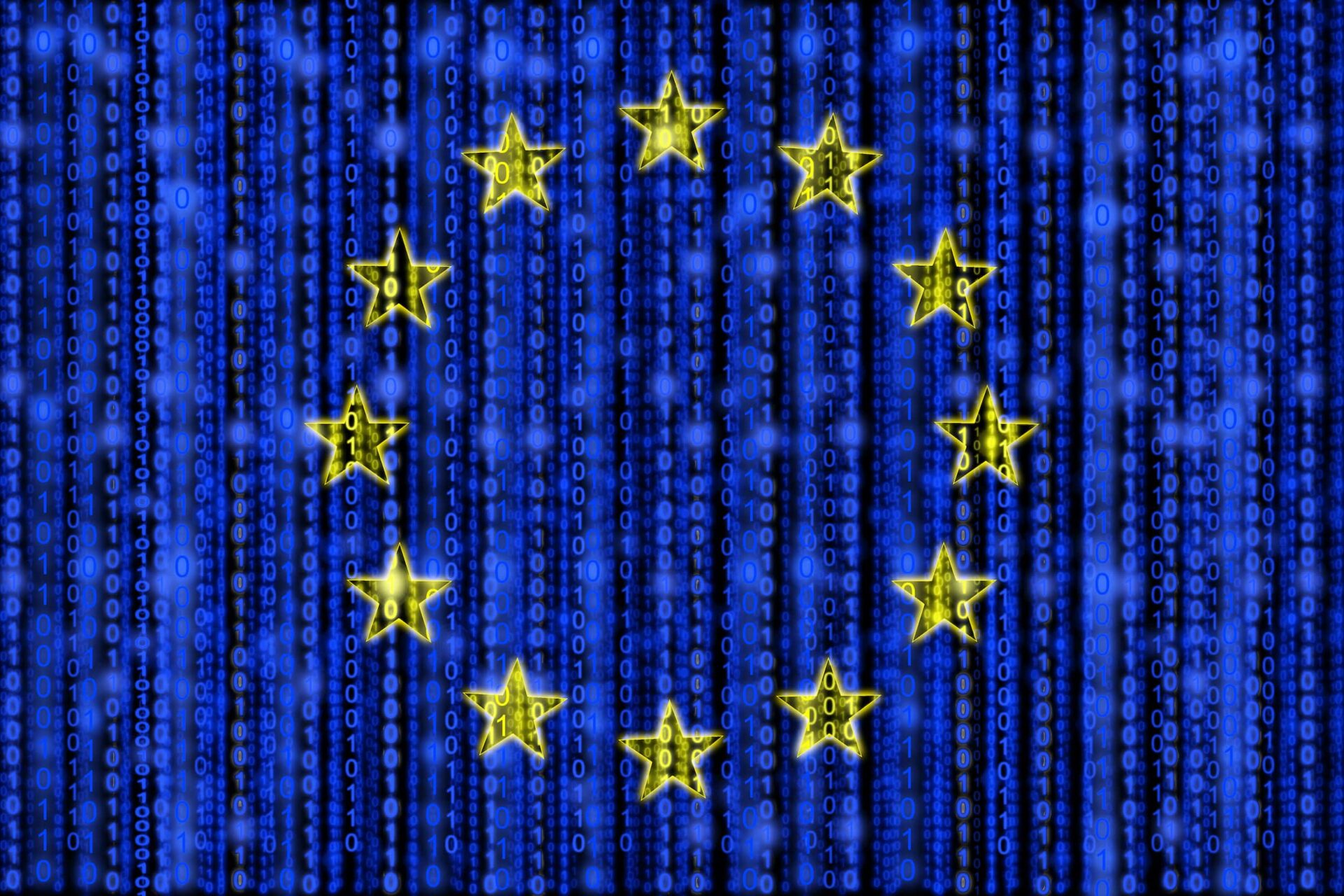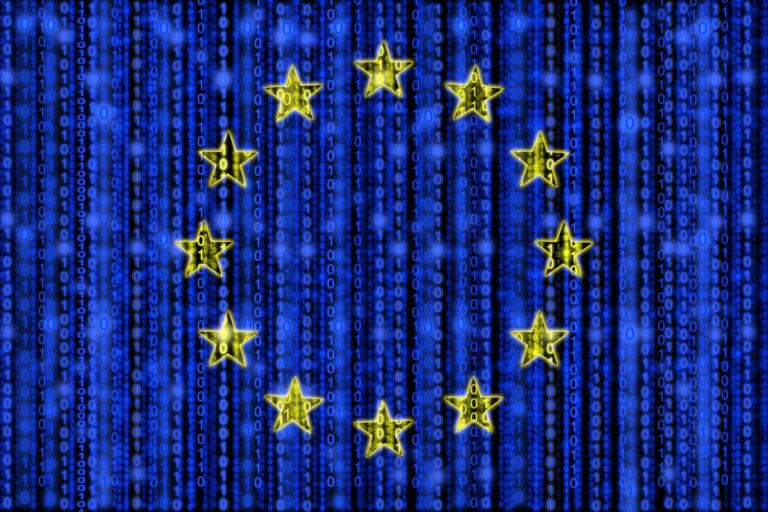What is the perspective of the Visegrad Four member states (Czech Republic, Poland, Hungary and Slovakia) on the role of social media platforms? What are the key problems they should be addressing related to social media and do they differ from those faced by countries drawing the most attention? And what is their position on the regulation of social media platforms?
by Dominik Presl, AMO
In the past decade, the public perception of social media and the tech companies behind it has changed drastically. The unilaterally positive outlook, focusing on the story of the young, bold visionaries creating technology that will bring the world closer together, was replaced by a considerably grimmer one. One that stresses the negative impacts that those platforms have on our lives and our societies – from the questionable approach to our privacy to the way the platforms are adding fuel to the fire in our already divided and polarized societies.
This is reflected in the public and political debates that revolve more and more often around how the Big Tech should change. And how, if that does not happen, it should be forced to do so, via state-mandated regulation. However, those debates have so far centered almost exclusively around the English-speaking world, with the occasional contribution from major Western European countries, discussing the impact on this limited group of states and what actions should their governments take. The issue of the impact on other regions, including Central Europe, has been largely neglected.
Distant and abstract problems
The public debate in the English-speaking countries has been so far focused on two main issues. First, on the role of social media platforms in moderating potentially harmful content, their blunders in doing so, and their right to decide what is permissible and what is not. And second, on the impact of the Big Tech on the business models of traditional media and its viability. However, neither of these two topics are very relevant for the Visegrad Four countries and the extended CEE (Central and Eastern Europe) region.
The debate on the extent of social media content moderation, and the role of the private and public sectors is barely existent in the Visegrad Four countries. If there is any, it happens as part of debates on world news, discussing Trump’s ousting from Twitter – something highly distant and abstract, detached from the everyday reality of the region. This is mostly because the social media platforms are almost exclusively focused on English and to a lesser extent, other major global languages such as French when it comes to content moderation.
While each social media platform now has dedicated departments and teams tasked with drafting policies, cooperating with governments and national institutions and monitoring and removing potentially harmful content, they work primarily in the English-speaking environment and other major markets. Smaller markets, especially those with their own unique languages, such as the V4 countries, are mostly ignored, and content moderation is usually automated, very limited, slow, inaccurate and ignorant of local specifics.
As a result of this, users and accounts spreading disinformation, hate speech or other potentially harmful content are usually left to carry on without any moderation or oversight, while the AI-driven algorithm often removes content that is not in breach of any rules of conduct. This is also visible when it comes to the issue of organized state-sponsored social media manipulation and information operations pursuing specific goals and ambitions. While both Facebook and Twitter have teams dedicated to monitoring and countering those practices, they are overwhelmingly focused on those that target English-speaking audiences. To date, neither of the two platforms published a single report or data that would map state-sponsored manipulation targeting any of the V4 countries.
This is particularly concerning since digital disinformation is a crucial issue for the V4 countries that significantly affect the region and that might pose a very real and immediate threat to its democracy, stability and social cohesion. The region’s vulnerability to this threat was painfully visible during the ongoing Covid-19 crisis and the associated “infodemic” – an influx of mis- and disinformation that came along with the pandemic. The Visegrad Four countries have been hit especially hard by the Covid-19 disinformation that downplayed the risks associated with the disease or spread unsubstantiated claims about the dangers of Covid vaccines. At the same time, the governments of the V4 member states have largely failed to come up with any meaningful counter-measures against the “infodemic”. And although it is difficult to precisely measure or compare the real-life impacts of disinformation, we already know that citizens of the V4 countries are among the most skeptical in Europe when it comes to the Covid-19 vaccines. And it is sensible to assume that the disinformation spread on social media played a part in this.
The second focal point of debate, regarding the impact of social media on traditional media and the way social media might endanger the viability of its business model and its very survival, is also not especially relevant for the Visegrad Four. While the traditional media in the region are also dealing with dwindling financials, it is not the primary threat to their existence. Instead, independent, investigative media are dealing with other, more urgent issues, such as pressure from the state to conform their narratives or privatization of the media sector by business groups that understand media as a tool of political influence rather than as independent watchdogs of democracy.
Shaping the rules
For those reasons, the headline-grabbing news, symbolized by the recent clash between Facebook and Australia, might offer little relevancy to the Visegrad Four countries. Instead, it would be wise for the V4 to closely follow the initiatives that are currently being put together in the EU institutions, and participate in shaping the final outcome. In particular, they should pay attention to the Democracy Action Plan (DAP) prepared by the Vice-President of the European Commission for Values and Transparency, Vera Jourova. The plan, whose full details will be unveiled in spring, is the first piece of packages focusing on the digital agenda that will create, among other, sets of rules and regulations that the social media platforms will have to abide by.
The Democracy Action Plan, as the first to come, will focus on the issue of obligations and accountability for online platforms for disseminating and amplifying disinformation, false or misleading content intentionally spread for political or economic gain. From what we know so far, the direction that we are about to go is from self-regulation to co-regulation and the EU and national states will play a much more significant role in shaping the rules and drawing the line in what should be protected by the freedom of speech and what should be removed as malicious and harmful. The EU initiative will therefore have an immediate and visible impact on the Visegrad Four countries and as such, it would be highly beneficial for them to actively participate in shaping it.
As abstract as it might now seem, the basic principles which will be laid out now might form the digital sphere for decades to come.
Dominik Presl, Research Fellow, AMO Research Center
Dominik Presl is a focusing on disinformation, strategic communication and propaganda. He holds an MPhil in Modern Middle Eastern Studies from the University of Oxford and a B.A. from Charles University. He is a resident analyst at Semantic Visions, studying disinformation and propaganda and advising governments, policy makers and security institutions in the Czech Republic and around the world. He also works as a policy advisor to the Chairman of the Hybrid Threats Committee in the Czech Parliament and he is a 360 Digital Sherlock Scholar of the Atlantic Council DFR Lab.
He previously contributed to the Foreign Desk of Hospodarske Noviny and interned at the Institute of International Relations and the Embassy of the Czech Republic in Cairo.
The views and opinions expressed on our blog are those of the authors, representing a wide range of viewpoints, and do not necessarily reflect the position of VSquare or our affiliated organisations.
This is a third post in our discussion on the future of the Internet, freedom of expression and regulations of social media platforms. Read also: Centralisation is a danger to democracy by Michał “rysiek” Woźniak and New Hierarchies of Power by Miroslava Saviris.







